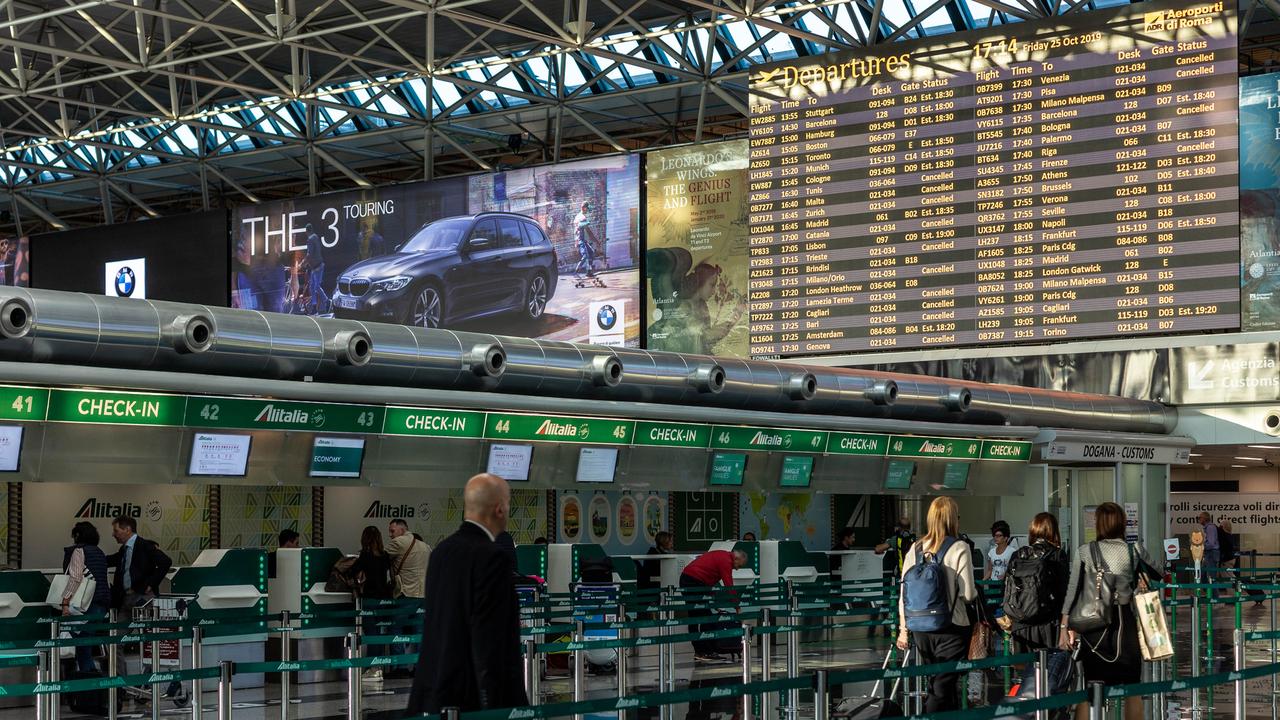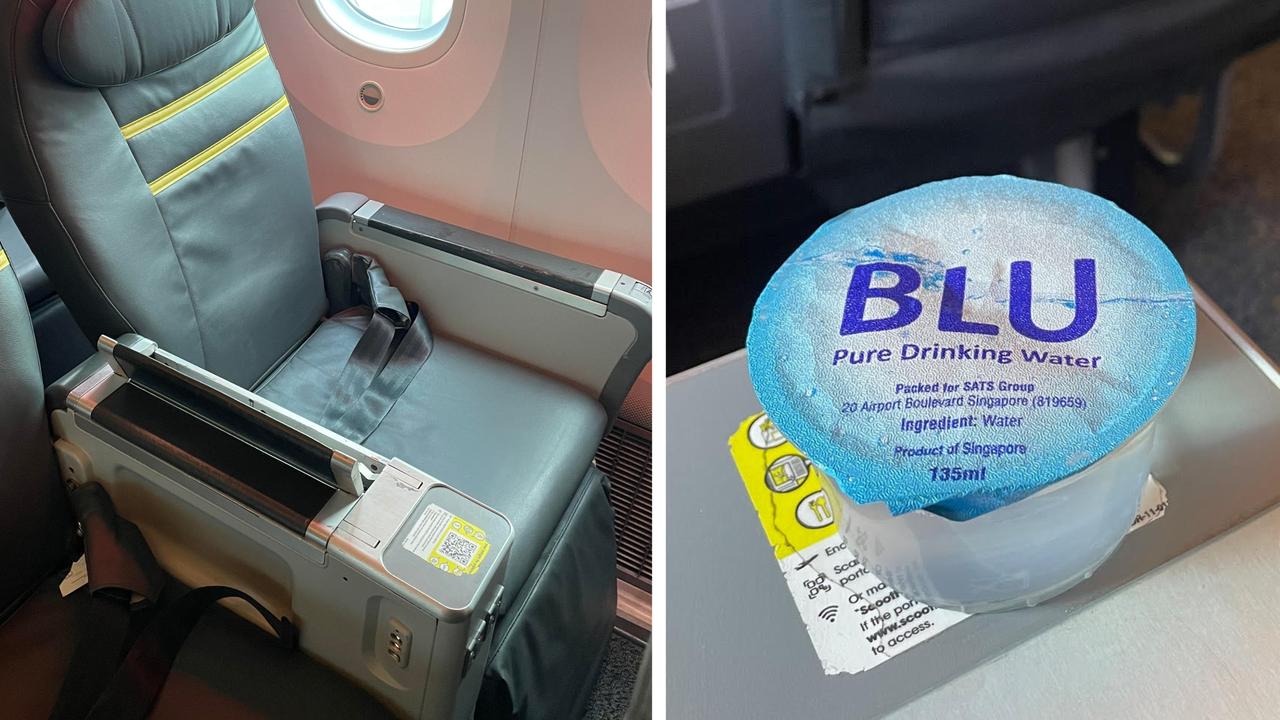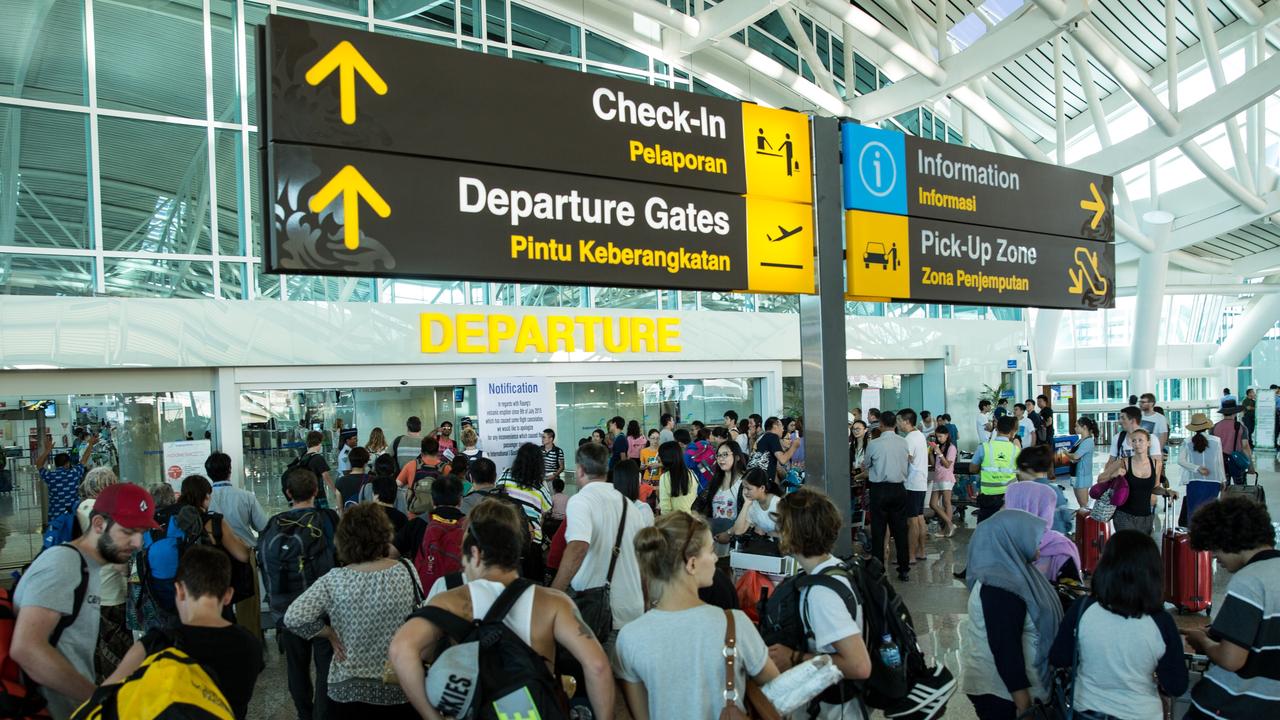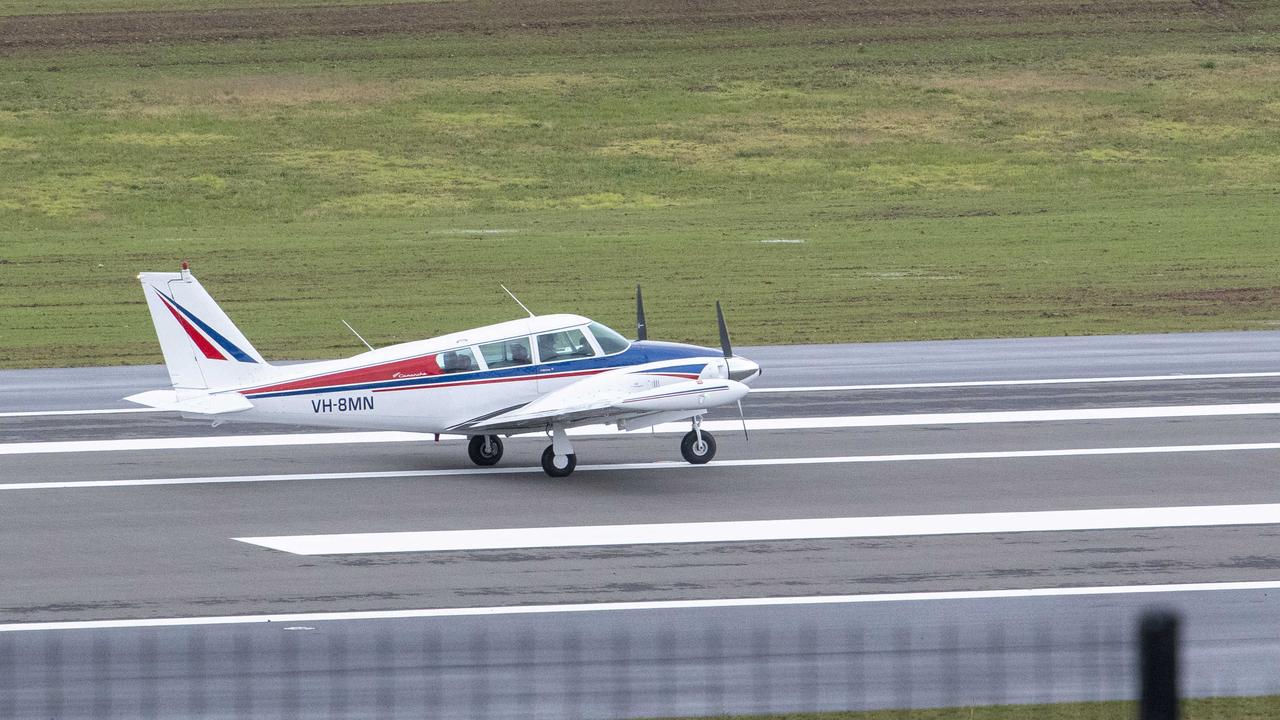Fiumicino Airport in Rome awarded first 5-star anti-COVID award
An airport in Europe has received a ‘world first’ five-star ratings award not received by any other port prior to 2020 – but there’s a good reason why.

Rome’s Fiumicino Airport has received an award not handed out in, well, ever.
Dubbed a ‘world first’ in airport ratings, the Italian airport has received the Skytrax five-star rating for COVID-19 safety.
Skytrax, which is best known for handing out the annual rankings of the world’s best airports, decided to create the ratings award based on “a combination of procedural efficiency checks, visual observation analysis and ATP sampling tests.”

“Cleaning procedures and consistency, frontline contact points relating to hygiene and cleanliness, social distancing policies and implementation, the standard and use of staff personal protective equipment, and scientific validation of cleanliness and disinfection processes for the end-to-end customer journey through the airport,” were all listed as measures to meet in the audit.
Already the busiest airport in Italy, FCO stood out from other European ports because of its easy-to-read signage which is displayed in multiple languages, their strict mask-wearing policy, plenty of cleaning staff on hand and consolidating the airport to a single terminal.
The rating system says for an airport to receive five stars, they have “very high standards of airport cleanliness and maintenance procedures.”

An airport with four stars is “good”, while an airport with three stars is considered “average.” The lowest possible rating is two stars, which means that the airport’s anti-Covid protocols “need work.”
Three other airports in Europe were awarded three stars for their Covid response by SkyTrax, being Málaga-Costa del Sol Airport (AGP) in Spain, Nice Côte d’Azur Airport (NCE) in France and London’s Heathrow (LHR).
While Heathrow did well for their ample signage, mask usage and availability of hand sanitiser, Skytrax said the airport did have “a lack of consistency across different areas, both for cleanliness and expected control of social distancing.”



